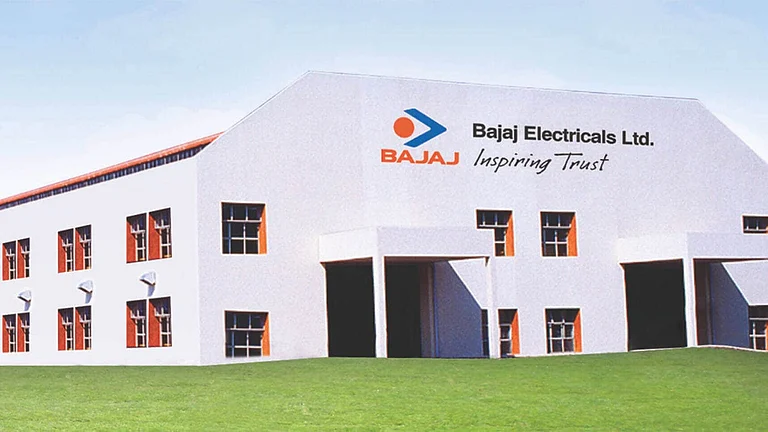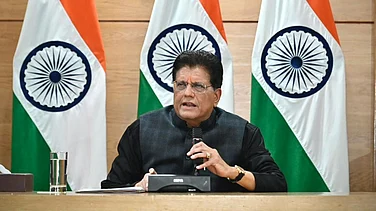The Reserve Bank of India (RBI) on Sunday announced rescheduling the meeting of rate-setting Monetary Policy Committee (MPC) by a day in view of Maharashtra declaring public holiday on February 7 to mourn death of Bharat Ratna legendary singer Lata Mangeshkar. The MPC meeting was scheduled for February 7-9, 2022. With the postponement, the meeting will now begin on February 8 and the outcome would be announced on February 10.
"With February 7, 2022 being declared a public holiday by the Government of Maharashtra under Section 25 of the Negotiable Instruments Act, 1881 as a mark of respect to Bharat Ratna Ku. Lata Mangeshkar, the MPC meeting has been rescheduled to February 8-10, 2022," the RBI said in a late evening statement. In a separate release, the RBI said that there will be no transactions and settlements in government securities (primary and secondary), foreign exchange, money markets and Rupee Interest Rate Derivatives on February 7, 2022. "Settlement of all outstanding transactions will accordingly get postponed to the next working day i.e., February 8, 2022," the release said.
Transactions under Liquidity Adjustment Facility (LAF) Fixed rate Reverse Repo and MSF operations, for which the second leg settlement date was February 7, 2022 will now mature on the next working day i.e., February 8, 2022.
Further, the daily LAF Fixed rate Reverse Repo and MSF windows will be available as usual on February 7, 2022, the release stated. Mangeshkar, whose voice struck an instant chord of recognition with generations of South Asians and is considered one of India's greats, died in a Mumbai hospital on Sunday due to multiple organ failure. She was 92. The Reserve Bank is likely to maintain the status quo on key policy rates in its next bi-monthly economic policy, which will be the first after the presentation of the Union Budget for 2022-23. Experts, however, are of the opinion that RBI's MPC may change the policy stance from 'accommodative' to 'neutral' and tinker with the reverse-repo rate as part of the liquidity normalisation process.































